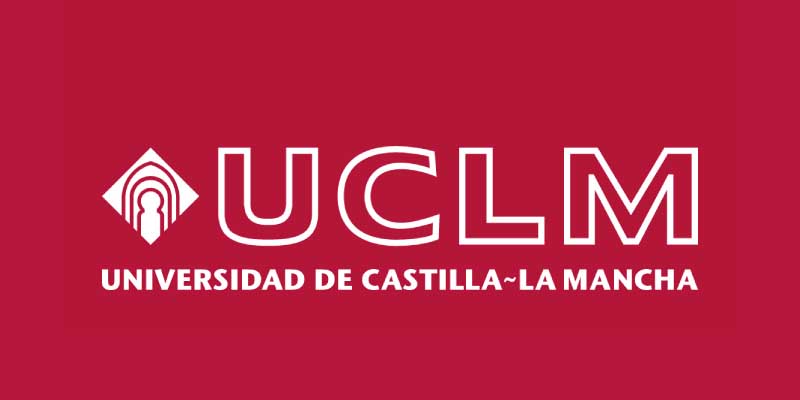
Next Monday, June 5, at 18 pm, at the Institute of History of Medicine and Science López Piñero, will be the presentation of the book: the eradication and control of the infectious Diseases, coordinated by María Isabel Porras (University of Castilla-La Mancha), María José Báguena (University of Valencia) and Mariano Ayarzagüena Noelia María Espinosa (University of Castilla-La Mancha). Madrid, Los Libros de la Catarata (2016).
The presentation will be given by professors of the History of Science Esteban Rodriguez Ocaña (Universidad de Granada) and Rosa Ballester Añón (University Miguel Hernández). The presentation of this book is part of a dissemination activity of the Group's results SALHISOC UCLM on 'The role of the International Health Agencies and its relations with the countries in the control and eradication of víricas DISEASES.
The formulation of the doctrine bacteriological the nineteenth century and the enormous role that virtually reduce the fight against infectious diseases research and development of a vaccine effective, safe and easy application. Since budgets are fought smallpox and polio in the twentieth century in order to achieve its eradication worldwide. Thus, 1980 was the first disease to get, seeing as next target for polio in this second decade of the century. The experiences in both cases have highlighted the major limitations of this reductionist perspective, the enormous challenge of the eradication of infectious diseases and the importance of the different local contexts. In order to expand the look and correct this reductionism, which extends to many areas of medicine and its practice, this work deals with a reflection on the control and eradication of these diseases from areas as diverse as the history of public health and international health, anthropology, history, political and social epidemiology.
Images:



















